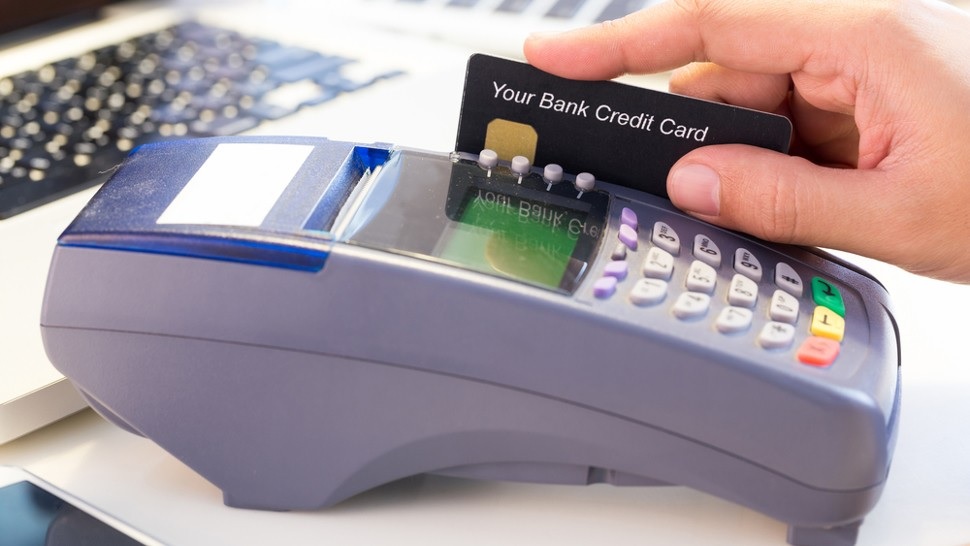Prosecution settles with accountants in card-swipe fraud

WILLEMSTAD – KPMG Meijburg & Co Caribbean has accepted a settlement of 140,000 guilders ($78,212) from the Public Prosecutor’s Office to prevent criminal prosecution. A manager of the company pays 65,000 guilders ($36,313). The settlements follow on the heels of the Troja and Cymbal investigations into dollar-tourism in Curacao.
Tourists, mostly Venezuelans – picked up more than $320 million with around one million credit card transactions between 2004 and 2014. The company that facilitated the practice – the Monterrey Trading Company (MTC) of the Grynsztein family – masked the transactions as purchases for clothing or medication.
After the Troja and Cymbal investigations, the anti-corruption task force launched the Turquoise investigation into the role Meijburg played in these matters.
According to a press release of the prosecutor’s office “financial service providers like accountants and tax advisors are so-called gate-watchers that have to protect the integrity, stability, and reputation of the financial sector.”
Between 2007 and 2013 Meijburg did the profit tax returns for MTC, but it did not report the swipe-activities while it was aware of this and while it should have reported the scam to the authorities. Meijburg thus potentially contributed to a negative impact on the tax inspectorate in Curacao.
The prosecutor’s office states in its press release that Meijburg is guilty of criminally reproachable actions by submitting incorrect tax returns. “At the same time, the prosecutor’s office is of the opinion that there are good reasons to deal with this situation through a transaction.”
After investigators searched Meijburg’s offices, the company closed down its business. The prosecutors also settled with the KPMG accountants. The tax inspectorate got its pound of flesh from MTC through additional tax levies and fines.
A publication in the Financieel Dagblad also implicated the lottery business of Robbie dos Santos in the swipe-scams. According to the FD, Dos Santos gave $322 million in black money to Lingerie trader CPG worldwide (a company owned by the Grynzstein family); CPG sold dollars against fake invoices to Venezuelans, while Dos Santos’ millions disappeared into the accounts of fake companies in Bonaire, the British Virgin Islands, Curacao, St. Maarten, Great Britain, and the United States; from these accounts, the money went to different bank accounts in Curacao, the United States and Panama.
The Antilliaans Dagblad published an article in June 2019 that shed some more light on the swipe-activities. It is based on a statement Itzhak Grynsztein made to investigators.
Grynsztein’s brother Omer (Amran) is married to a Venezuelan lady. “Her brother asked him if he could pick up cash at our office with a credit card. For cashing $5,000 he was prepared to pay a 10 percent commission. I said, wow, that is easy money.”
This happened back in 2007 and the Venezuelan swipe-tourism was born; soon Venezuelans arrived by the thousands to swipe their bank balance in Curacao. This was profitable because the official value of the bolivar was much higher than its actual street value in Venezuela.
“Sometimes there was a queue of 150 people at our office,” Grynsztein told investigators. “There was nothing to it. All you needed was a credit card machine.”
The Grynzstein enterprise also has ties with St. Maarten where it opened a Tommy Hilfiger store in 1995.


























